Blogs & News
We are focus on automotive wiring harness & connectors technology.
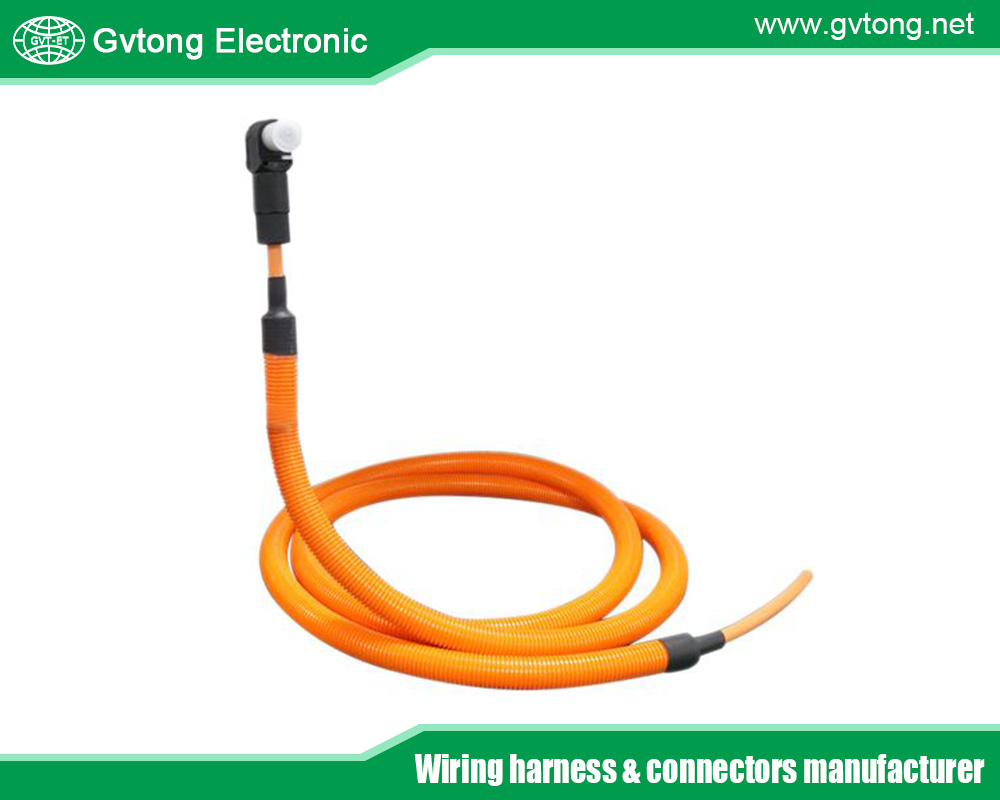
The best 7-Pin Wire Connectors for Car Applications
- Gvtong Electronic
- 7-pin wire connector campany, 7-pin wire connector factory, 7-pin wire connector manufacturer, 7-pin wire connector supplier, 7-pin wire connectors, automotive antenna connector, automotive coaxial connector, automotive data connector, automotive diagnostic connector, automotive electrical connector, automotive high - frequency, Automotive high - frequency connector, automotive High voltage connector, automotive hybrid connector, automotive Low voltage connector, automotive Oil-resistant Connectors, automotive optical fiber connector, automotive power distribution, Automotive power distribution connector, automotive Signal Connector, Automotive temperature - resistant connector, automotive vibration - resistant, Automotive vibration - resistant connector, automotive waterproof connectors
- No Comments
The best 7-Pin Wire Connectors for Car Applications
In the intricate world of automotive electrical systems, 7-pin wire connectors play a pivotal role in ensuring reliable power and signal transmission. Commonly used for trailer towing, auxiliary lighting, and inter-system communication, these connectors are a standard in vehicles ranging from pickup trucks to commercial fleets. Their robust design and versatility make them indispensable for applications requiring multiple circuits, such as powering trailer brakes, turn signals, and backup lights. However, selecting and maintaining 7-pin connectors involves understanding their specifications, compatibility, and environmental challenges. This article delves into the anatomy, applications, standards, and best practices for 7-pin wire connectors in cars, offering insights for DIY enthusiasts, mechanics, and automotive engineers. By exploring their design, installation, and maintenance, we aim to equip readers with the knowledge to choose and use these connectors effectively, ensuring safety and performance on the road.
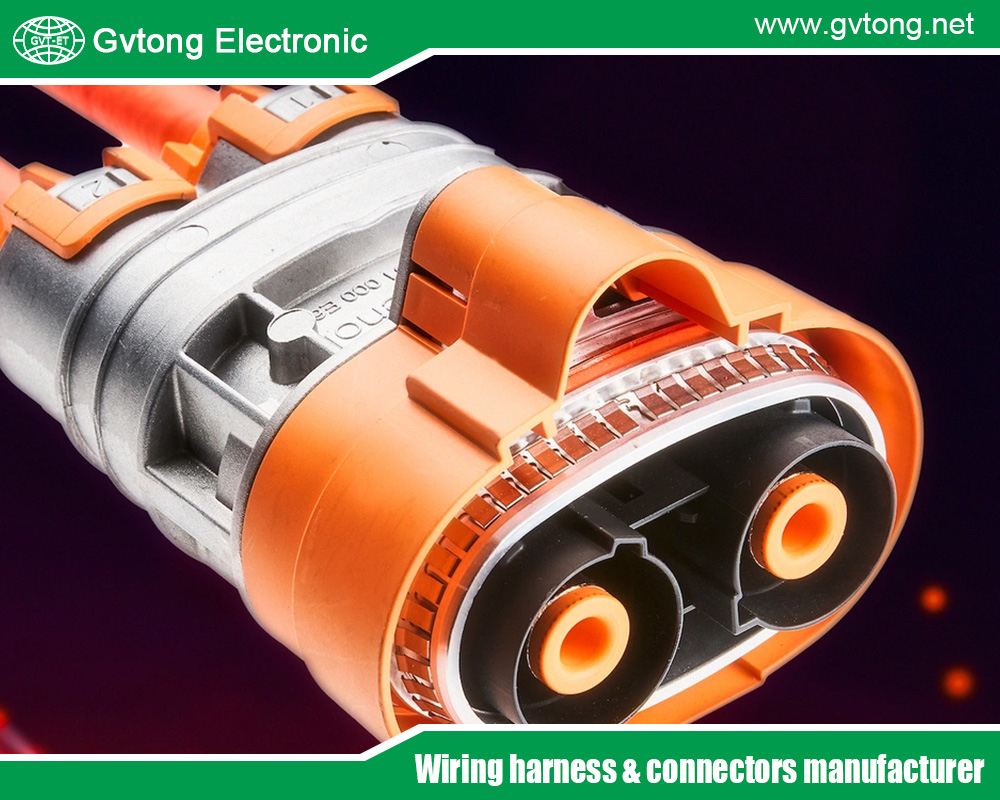
What Are 7-Pin Wire Connectors?
1. Definition and Purpose
A 7-pin wire connector is a multi-circuit electrical interface that connects a vehicle’s electrical system to a trailer or auxiliary equipment. Each pin corresponds to a specific function, such as ground, brake lights, or electric brakes, enabling simultaneous control of multiple circuits.
2. Anatomy of a 7-Pin Connector
The connector typically consists of a plug (on the trailer) and a socket (on the vehicle), with seven metal pins or terminals housed in a circular or blade-style casing. Materials like corrosion-resistant brass or tin-plated contacts ensure durability.
3. Types of 7-Pin Connectors
- Round 7-Pin: Common in heavy-duty applications like RV towing.
- 7-Way Blade: Popular in light-duty trucks and SUVs for its flat, compact design.
- Hybrid Designs: Some connectors combine pin and blade configurations for specialized applications.
Tip: Check your vehicle’s towing package to determine whether a round or blade-style connector is standard.
Applications of 7-Pin Wire Connectors in Cars
1. Trailer Towing
The primary use of 7-pin connectors is to connect a vehicle to a trailer, powering essential functions like:
- Tail lights and turn signals
- Brake lights
- Electric trailer brakes
- Auxiliary power (e.g., for trailer interior lights)
- Backup lights
- Ground connection
2. Auxiliary Systems
Beyond trailers, 7-pin connectors support auxiliary automotive systems, such as:
- Aftermarket lighting (e.g., off-road light bars)
- Backup cameras or sensors
- Communication systems in fleet vehicles
3. Commercial and Recreational Use
In commercial fleets, 7-pin connectors link trucks to refrigerated trailers or heavy equipment. For recreational vehicles (RVs), they power campsite amenities like water pumps or charging systems.
Tip: Verify the trailer’s electrical load to ensure the connector and vehicle wiring can handle the demand.
Pin Configuration and Standards
1. Standard Pin Assignments (SAE J560)
The SAE J560 standard, common in North America, assigns specific functions to each pin:
- Ground
- Electric brakes
- Tail lights/running lights
- Battery charge/auxiliary power
- Left turn signal/brake light
- Right turn signal/brake light
- Backup lights
2. International Standards
In Europe, ISO 1724 or ISO 3731 standards may apply, with slight variations in pin functions. For instance, European connectors may include a fog light circuit.
3. Compatibility Challenges
Mismatches between standards (e.g., SAE vs. ISO) can cause wiring issues. Adapters are available but may reduce reliability.
Tip: Always carry a wiring diagram for your connector to troubleshoot on the go.
Key Considerations When Choosing 7-Pin Connectors
1. Electrical Ratings
Ensure the connector supports the voltage (typically 12V for cars) and current demands of your trailer or equipment. Heavy-duty trailers may require connectors rated for 30A or higher.
2. Environmental Durability
Automotive connectors face rain, dust, and road salt. Look for:
- IP Ratings: IP67 or higher for water and dust resistance.
- Corrosion-Resistant Materials: Brass or stainless steel contacts.
- Weatherproof Seals: Rubber gaskets or boots to protect the socket.
3. Build Quality
Choose connectors from reputable brands like Curt, Reese, or Hopkins, which offer robust housings and secure locking mechanisms to prevent disconnection during towing.
4. Ease of Installation
Some connectors come pre-wired for plug-and-play installation, while others require custom wiring. Verify compatibility with your vehicle’s wiring harness.
Tip: Test the connector with a circuit tester before towing to confirm all pins function correctly.
Installation and Wiring Best Practices
1. Preparing for Installation
- Check the vehicle’s towing package for an existing 7-pin socket.
- Gather tools: wire strippers, crimping tool, electrical tape, and a circuit tester.
- Review the vehicle’s wiring diagram and the connector’s pin assignments.
2. Wiring the Connector
- Match each wire to the correct pin using the SAE J560 standard.
- Use heat-shrink tubing or waterproof connectors to protect splices.
- Secure the wiring harness to prevent chafing or exposure to heat.
3. Testing and Troubleshooting
- Use a multimeter or trailer tester to verify each circuit.
- Common issues include loose grounds, corroded pins, or incorrect wiring.
Tip: Apply dielectric grease to the pins to prevent corrosion, especially in wet climates.
Maintenance and Common Issues
1. Regular Maintenance
- Inspect pins for corrosion or damage before each tow.
- Clean contacts with electrical contact cleaner and a wire brush.
- Check the socket’s weather seal for cracks or wear.
2. Common Problems
- Corrosion: Caused by exposure to moisture or road salt.
- Loose Connections: Vibrations can loosen pins or wiring.
- Overloading: Exceeding the connector’s current rating can cause overheating.
3. Solutions
- Replace damaged connectors promptly to avoid electrical faults.
- Use protective caps for the socket when not in use.
- Upgrade to a heavy-duty connector for high-current applications.
Tip: Carry a spare 7-pin connector and basic tools for roadside repairs.
Future Trends and Innovations
1. Smart Connectors
Emerging 7-pin connectors integrate sensors to monitor trailer conditions, such as brake performance or tire pressure, enhancing safety.
2. Electric Vehicle Integration
As electric vehicles (EVs) become common, 7-pin connectors are evolving to support higher voltages (e.g., 48V systems) and bidirectional charging for trailers.
3. Eco-Friendly Materials
Manufacturers are adopting recyclable plastics and lead-free contacts to meet environmental regulations like RoHS.
Tip: Stay updated on automotive standards to ensure future-proof compatibility.
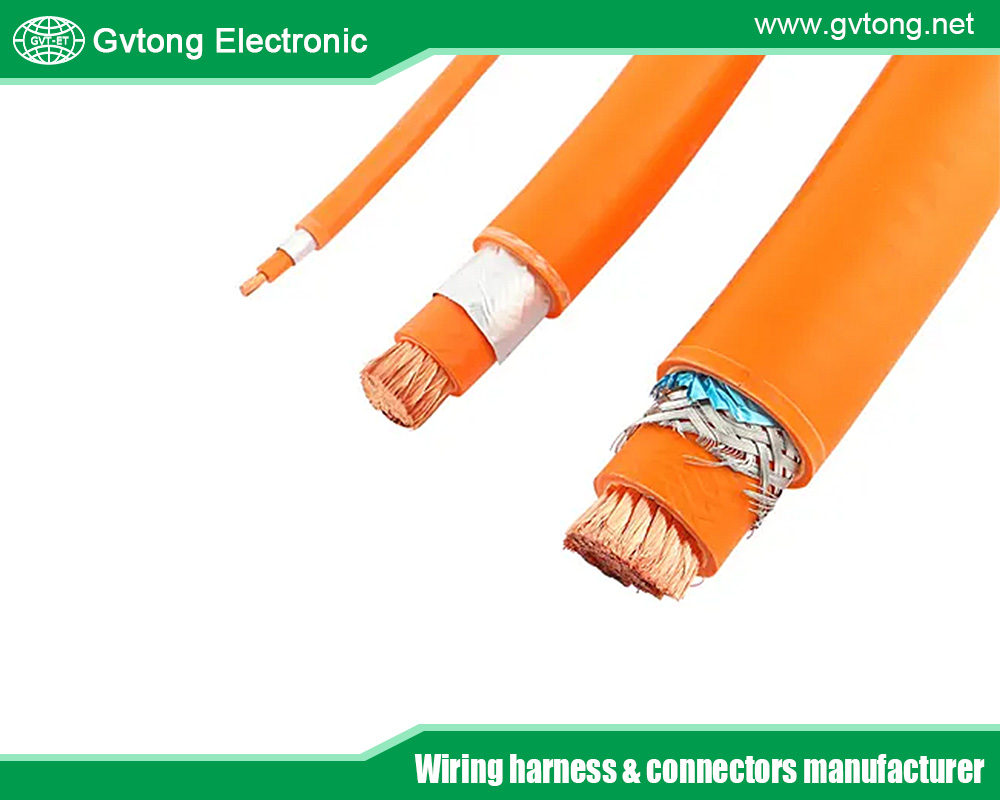
Conclusion
The 7-pin wire connector is a cornerstone of automotive towing and auxiliary systems, offering a reliable, standardized solution for powering trailers and equipment. By understanding its design, applications, and maintenance needs, users can ensure safe and efficient operation. Key considerations include selecting a connector with appropriate electrical ratings, environmental durability, and compatibility with industry standards like SAE J560. Proper installation and regular maintenance are critical to preventing issues like corrosion or loose connections. As automotive technology evolves, 7-pin connectors are adapting to support smart features and electric vehicles, promising even greater versatility. Whether you’re towing a camper, hauling equipment, or upgrading your vehicle’s electrical system, choosing the right 7-pin connector and following best practices will keep you on the road with confidence.
For more about the best 7-pin wire connectors for car applications, you can pay a visit to Gvtong at https://www.gvtong.net/ for more info.
Recent Posts
How to Diagnose and Repair Automotive Signal Connector Failures
How to Install and Maintain Low Pressure Automotive Connectors
Heat Shrink vs. Crimp: Choosing the Right 12V Car Wire Connector
Best 12V Automotive Wire Connectors for Reliable Electrical Connections
Tags
Recommended Products
-
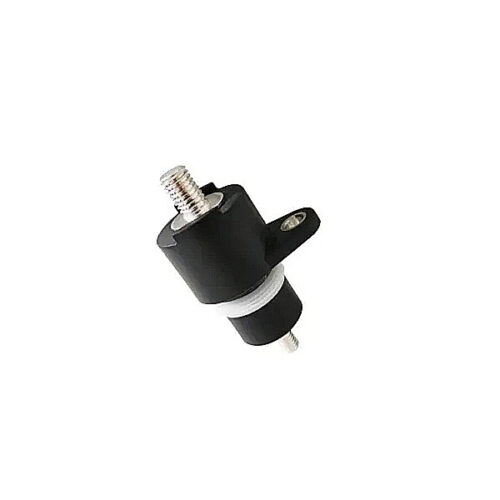
DCDC wall-through terminal-double-headed thread
-
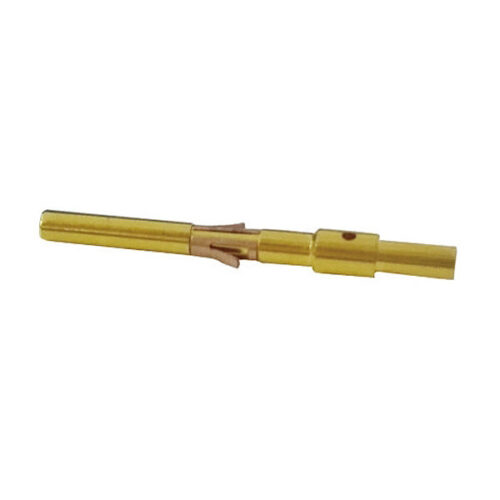
1.0mm signal jack
-
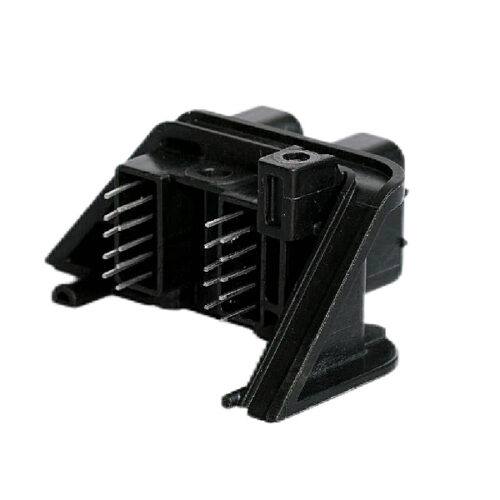
GE Series-20PIN Right Angle Connector Socket
-
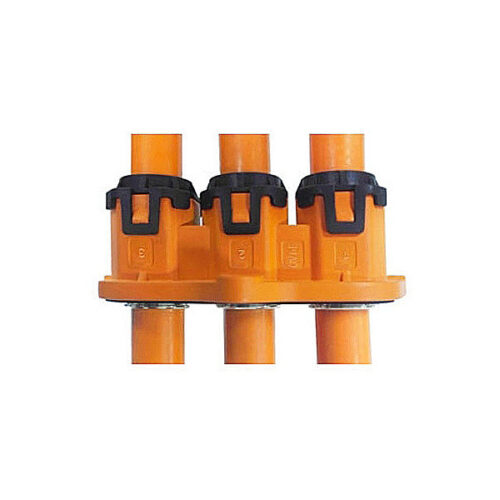
Automotive 3-Core Plastic Via Connector, 3-Pin Automotive DC Connectors, Automotive Plugs Cnd Connectors
-
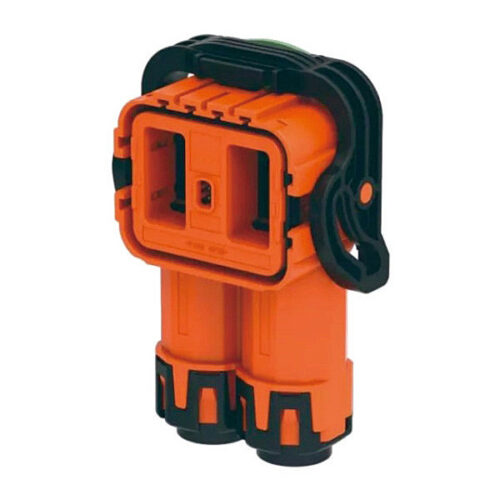
High voltage connector-2000 series-(2 core)
-

Energy storage connector 5.7mm
-
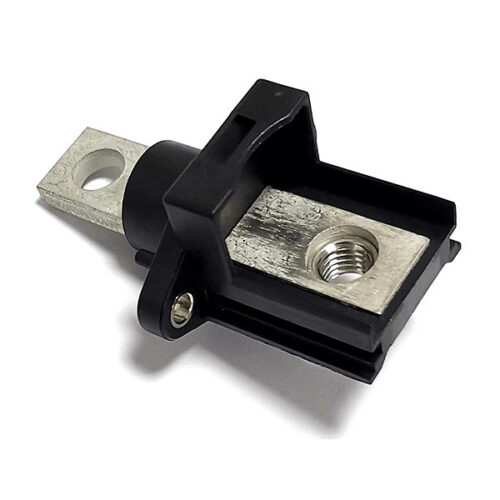
GHDC terminal
-
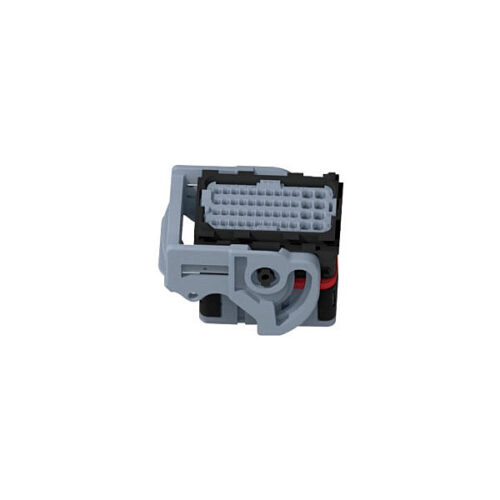
Low voltage connector-48 core socket + plug
